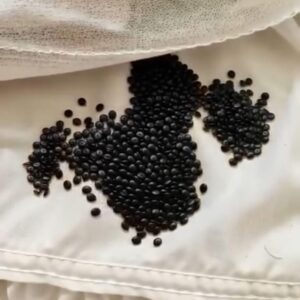Many claim it works like magic for muscle cramps—but is it science or just an old wives’ tale? Let’s explore the facts.
What Causes Muscle Cramps?
To understand whether pickle juice helps, it’s crucial to know what triggers muscle cramps. These involuntary contractions can result from:
•Dehydration: A lack of fluids disrupts the balance of electrolytes, essential for muscle function.
•Electrolyte Imbalance: Low levels of sodium, potassium, magnesium, or calcium can lead to cramping.
Overuse or Fatigue: Repeated exertion without sufficient rest can overwork muscles.
•Nerve Issues: Problems affecting the nerve-muscle connection can also cause cramps.
Identifying the root cause of your cramps can help you find the right solution—but where does pickle juice fit into all this?
Pickle Juice as a Remedy: Where Did It Start?
Pickle juice gained popularity among athletes, particularly endurance runners and football players, who claimed it provided near-instant relief from cramps. Its appeal lies in its high sodium content and acidic tang. But is sodium the main reason for its effectiveness, or is there more to the story?





